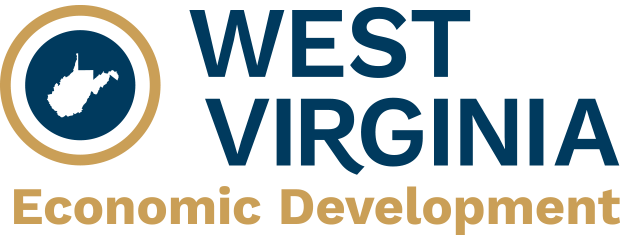When the North American Free Trade Agreement went into effect in 1994, the world looked a little bit different than it does today. You were considered on the cutting edge if you listened to music on CDs, made calls on a flip phone and owned a car with a GPS navigation system. What was luxury technologies then are commonplace today and is now contained along with so much more tech in your smartphone.
Over the last 26 years, a lot changed in the world of international trade, too. On July 1, 2020, NAFTA came to an end and the age of free trade under the new United States–Mexico–Canada Agreement began. While some aspects of trade between the three countries are changing under USMCA, some provisions have many similarities with NAFTA. What does all this mean for West Virginia exporters? Here are a few key provisions you need to be aware of before moving forward with trade under the new agreement.
USMCA has more stringent requirements on country of origin
First, the good news.
A Certificate of Origin is no longer required under USMCA.
Now, for the bad news.
USMCA carries stiffer penalties and places additional requirements on companies to back up their compliance with data. The good thing is that anyone can certify the origin of the goods being shipped, from the product’s manufacturer to the exporter on record or importer, but anyone from this group can be called upon by customs officials to produce documentation to substantiate the claims.
So, what’s the key takeaway here? Make sure you document the source of your raw materials and your production process.
USMCA includes provisions on digital trade
When NAFTA went into effect, the term “Internet” wasn’t included in the agreement. Today, digital trade from the United States totals more than $451 billion. So, how does USMC define digital trade? Digital trade involves the digital sale of goods and services that can be either digitally or physically delivered and includes data flows that make global trade and manufacturing possible.
Here’s what you need to know about USMCA digital trade provisions:
- There are now clear protections on intellectual property and established avenues of recourse for American companies when infringement occurs.
- USMCA limits governments’ ability to require disclosure of proprietary computer source code and algorithms, which protects American exporters from theft of ideas, innovations and technology.
- USMCA promotes digital trade by allowing the free flow of information, but also recognizes the rights of governments to protect the personal information of its citizens.
- USMCA establishes protections that allow American businesses and consumers to employ platforms for online engagement, provide ratings and reviews and moderate what is posted under intermediary liability protections where the intermediaries bear liability for the actions of their users.
USMCA increased requirements for automotive manufacturing and wages
Automakers are now be required to certify 75 percent of their components are made within the region, which is up from 62.5 percent under NAFTA. As a provision to increase worker’s wages, automakers will additionally have to prove that 40 percent of employees involved in manufacturing these components were paid $16 or more per hour. For parts and materials suppliers to the auto industry, being able to certify the content, if audited, will be imperative in the future to avoid hefty penalties or legal issues as it is likely automotive companies will begin to transfer the burden of proof to their supply chains.
USMCA allows independent reviews of working conditions
Under the USMCA, the United States government can now review working conditions at a Mexican facility through an independent panel under the new Rapid Response Labor Mechanism provision. A review can be triggered by anyone, including unions, who submits a public petition to the United States Labor Department. From this independent review, the U.S. government can take action against the facility, including suspending preferential tariff treatment or block entry of goods from that facility to the United States This is not limited to any industry, however, and we may see it used most often in mining, steel and automotive sectors.
Why you need to care about USMCA
West Virginia exported $1.6 billion in products and services to Canada and Mexico in 2019 and there are many opportunities for West Virginia businesses to do business in these two countries. If you aren’t sure how your business can enter these two dynamic economies, contact a trade specialist at the U.S Commercial Service. This agency has local offices in Charleston and Wheeling and can help you access foreign markets through a variety of matchmaking services, many of which are now free for small and medium-sized companies due to the COVID-19 pandemic.
Contact your local U.S. Commercial Service trade specialist today to discuss your company’s goals and export strategy.

Leslie Drake
U.S. Export Assistance Center – Charleston
P: 304-347-5123
C: 304-550-7754

Diego Gattesco
U.S. Export Assistance Center – Wheeling
P: 304-243-5493
C: 304-549-0208

Caitlin Ashley-Lizarraga
International Trade Representative
Caitlin works with the West Virginia Department of Economic Development’s Export Promotion Program. She helps introduce the world to the hidden gem of West Virginia one export at a time.

